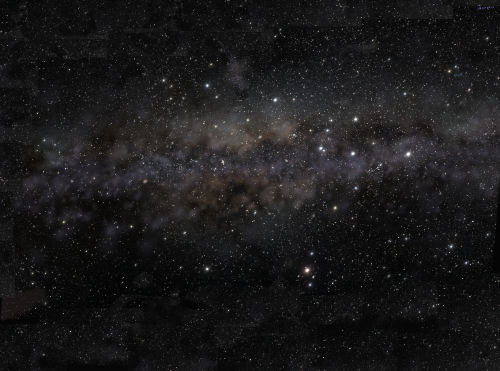BY LETTER
Epoch (Astronomy)
 Image from Steve Bowers |
Qualities such as celestial coordinates, elliptical orbital elements and proper motion are liable to change over time, and because of perturbation, it is not possible to predict the values of these qualities from one observation to the next with perfect accuracy. Therefore any accurate description of the location and movement of a star, planet or other object must be accompanied with the epoch, in other words the temporal point from which those values are measured. The epoch can be used to generate an ephemeris, which is a set of values giving positions and velocities at a particular time or times.
Most of the star locations given in the Encyclopaedia Galactica are given using the epoch J2000, an ancient and traditional reference epoch which is equivalent to 12.00 hrs on Faraday 25, 32 A.T. The use of this ancient date means that several of the stars in the Inner Sphere are described as being closer to Sol, or further away, than they actually are in the current era.
For instance Alpha Centauri is described in the EG as 4.395 light-years from Sol in the Encyclopaedia; in the current era, this distance has changed to 3.612 light years.
The differences between J2000 values and current values can be obtained using any smartdata interface (not available in all areas).
Related Articles
Appears in Topics
Development Notes
Text by Steve Bowers
Initially published on 10 October 2010.
Initially published on 10 October 2010.






